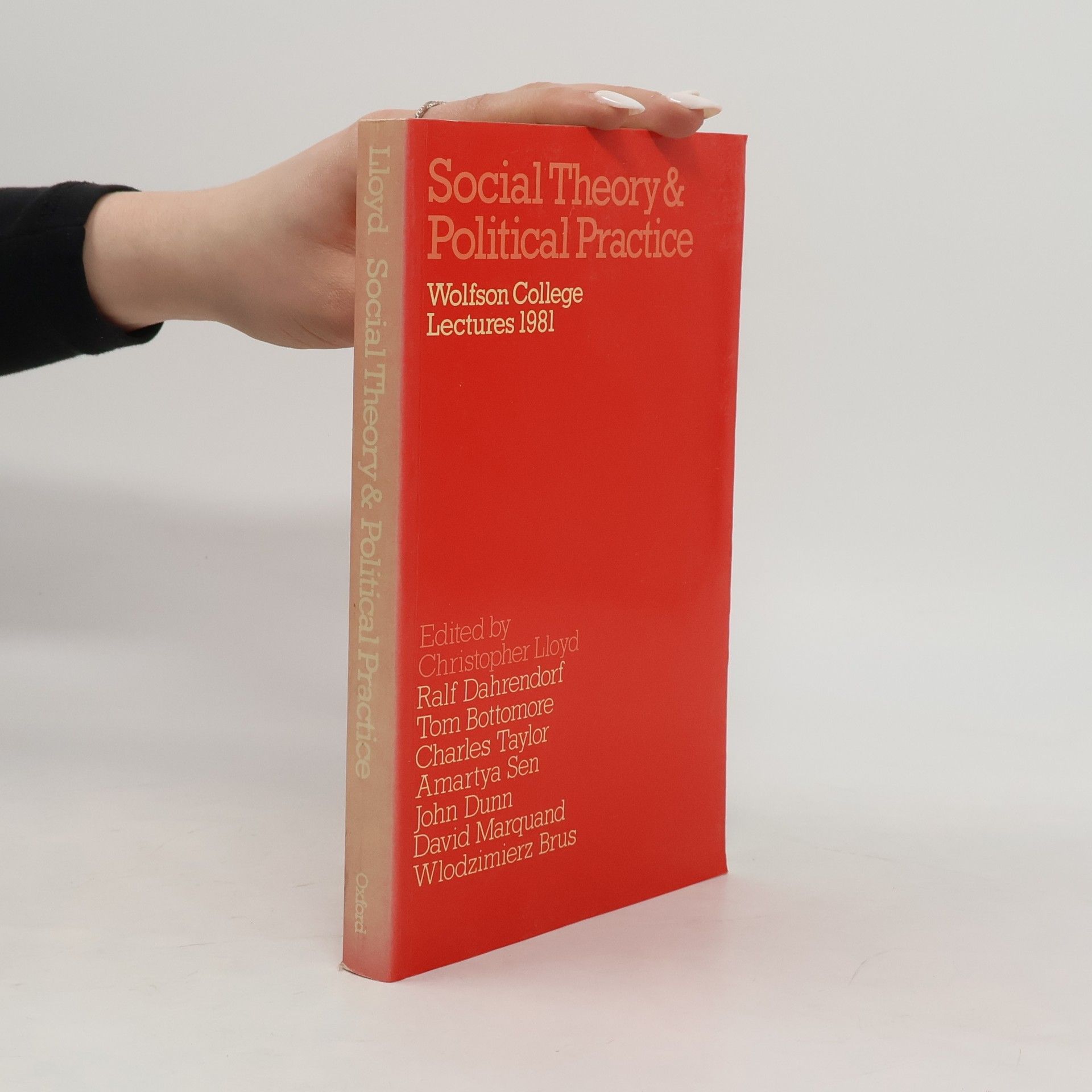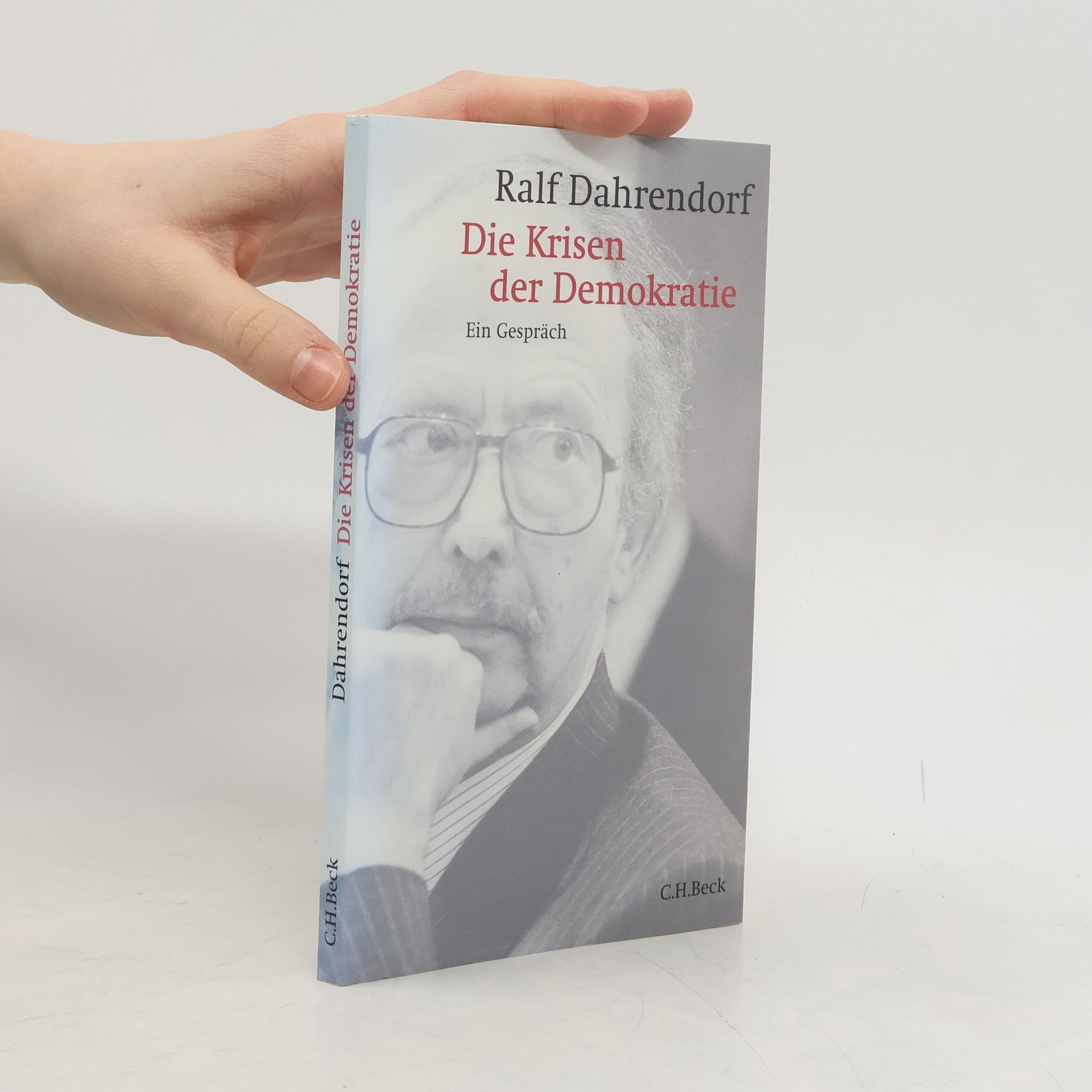LSE
A History of the London School of Economics and Political Science, 1895-1995
- 632pages
- 23 heures de lecture
This is the first history of the LSE, one of the most famous academic institutions in the world. Ralf Dahrendorf, a former Director of the School, provides a comprehensive account of its first century, enlivened by his own personal insights. The story of the individuals who played a role inthe LSE's history is interwoven with the development of the social sciences in the twentieth century and an assessment of the LSE's world-wide links and influence.






